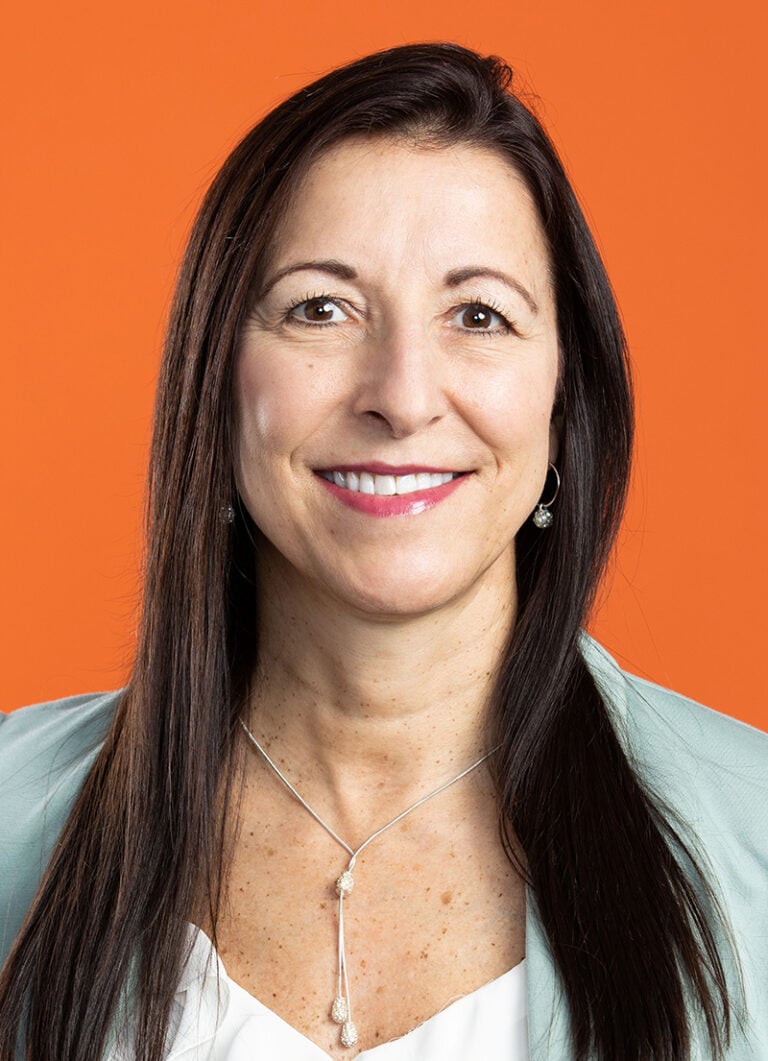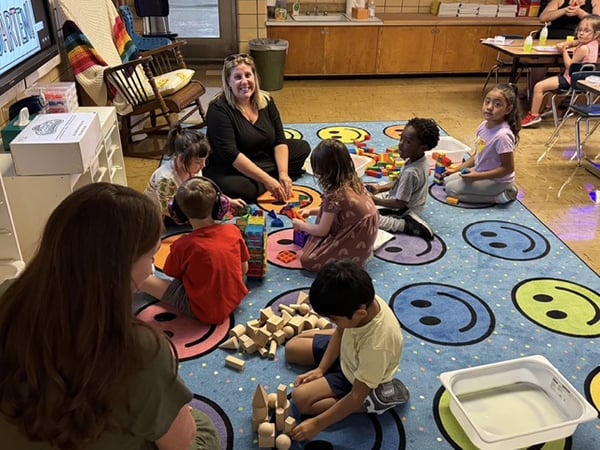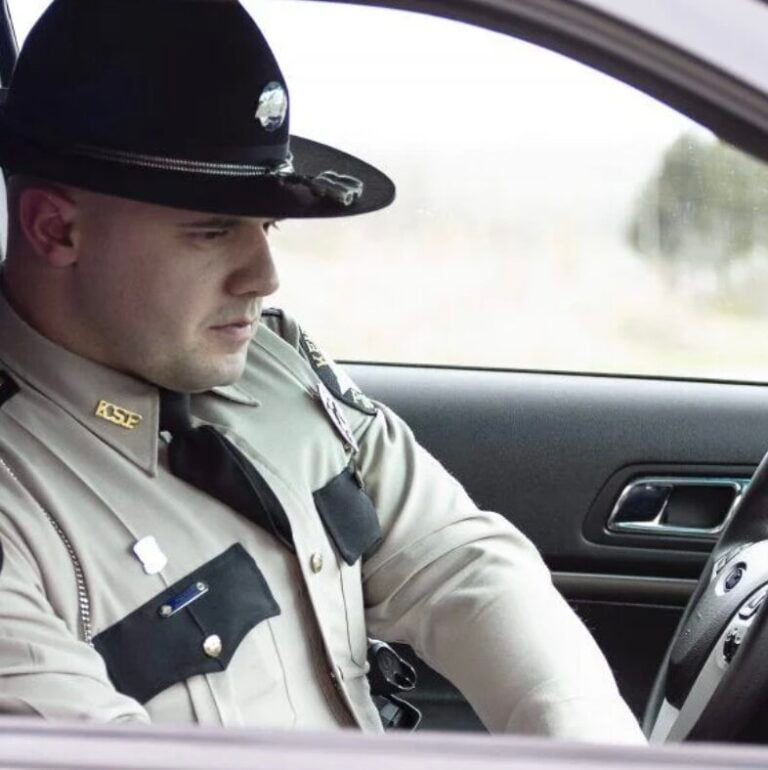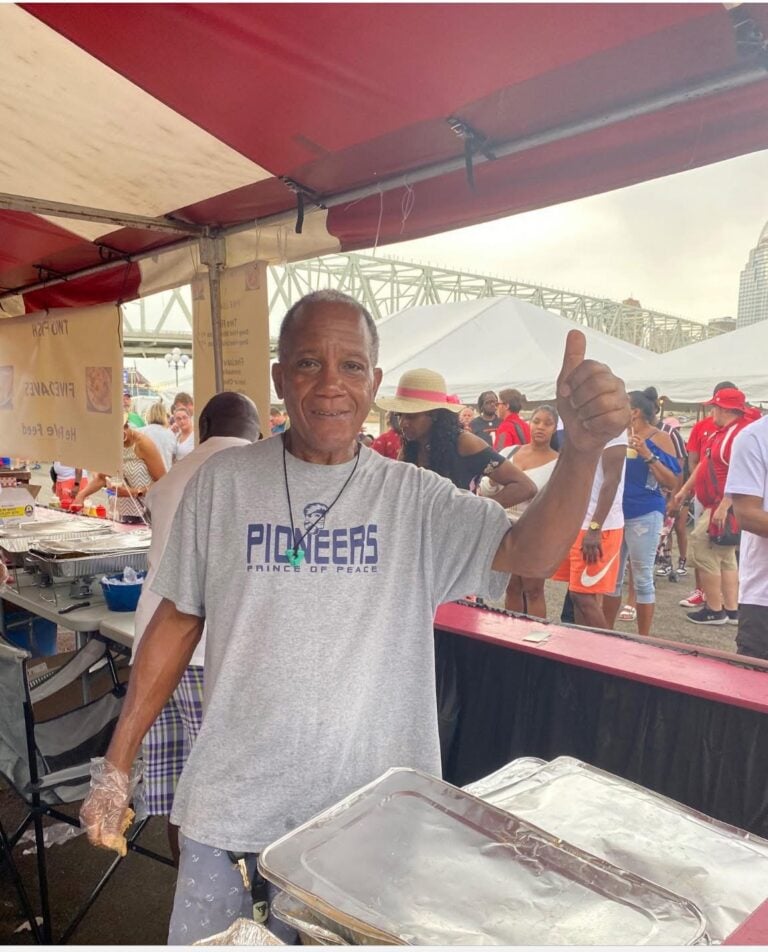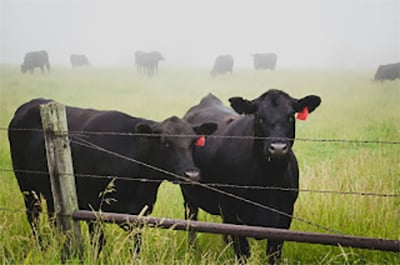Editor’s note: This column mentions suicide. If you or someone you know is in crisis, call or text 988 to reach the Suicide and Crisis Lifeline. It is available 24/7, free, and confidential.
I’ve been on both sides of a conversation no one wants to have.
I asked a close friend if she was considering suicide. She was. A few years ago, another friend asked me the same question. I was.
From both vantage points, the question didn’t shatter the silence so much as it reshaped it. It carved out space, not for answers, but for connection that had just a moment before felt out of reach. In both experiences, what I remember most was the sense of unburdening that followed—like a weight had lifted. Nothing was magically fixed (far from it), but in both cases, a person felt less alone.
From where I’m sitting, I think that question saved two lives.

In Kentucky, suicide represents the second-leading cause of death among individuals aged 10-34. In 2023, there were more than 800 lives lost to suicide. That’s, roughly, more than two Kentuckians per day, with a cascading impact on families and communities. Evidence published by UK researchers shows that each death by suicide affects as many as 135 others—family, friends, coworkers, and community members.
Suicidality is complex. It is never the result of a single issue, and several underlying causes often influence one’s decision to take their own life. It’s also an uncomfortable topic. Studies I’ve conducted at UK show a breadth of reasons people hesitate to discuss suicide specifically or mental health generally.
But despite this complexity, one thing is crystal clear: We need to talk about it. And with even greater urgency, we need to take action.
Suicide is preventable. Everyday people — those of us without medical training — can provide a lifeline to those we love if they find themselves in the darkest of places.
How? You can take just 30 minutes today to learn.
A free, online training called Question, Persuade, Refer (QPR) is now available statewide. QPR is a simple, evidence-based suicide prevention training designed to help anyone recognize the warning signs of suicide and learn how to respond. The training is designed for friends, parents, coaches, teachers, co-workers, and anyone else concerned about a loved one. Think of it as the mental health equivalent of CPR, which prepares you to help someone in a physical health crisis. QPR trains you to act in a mental health crisis.
QPR training is not typically free; in an effort to expand access to this crucial knowledge, UK HealthCare’s Healthy Kentucky Initiative purchased licenses for the online training, opening the door to QPR for all Kentuckians. You can access that approximately-30-minute training at kyqpr.ukhc.org.
As May is Mental Health Awareness Month, it’s worth noting that awareness is important but insufficient. We need action. Taking the training represents a meaningful first act.
May is also a time to recognize that life-saving work is happening right here at the University of Kentucky—fueled by people who have dedicated their careers to improving lives through research. In this case, that work focuses on reducing suicide rates, supporting those in crisis, and helping communities heal. These efforts often are powered by federal research funding, which remains essential to driving innovation, improving access, and ultimately saving lives.
This Mental Health Awareness Month, I urge you to consider how you can help share stories, amplify prevention efforts, and encourage investment in evidence-based work. That means taking the QPR training yourself. It means supporting those who work tirelessly on suicide prevention and mental health research. And it means advocating for the federal funding that fuels this work—here at the University of Kentucky and across the nation.
Encourage the people in your workplace, your school, or your place of worship to take the QPR training, to make it part of their organizations’ safety plans and to share it with the people they love. Remind them that the training can be completed in the time it takes to watch an episode of Friends, and that the Healthy Kentucky Initiative has picked up the bill.
It’s that easy. It’s that important.
I’ve seen what a single conversation can do. I’ve felt the shift it can create in someone’s life. We all have the potential to be that lifeline for someone we love.
Sarah Geegan is an assistant professor of integrated strategic communication at the University of Kentucky







